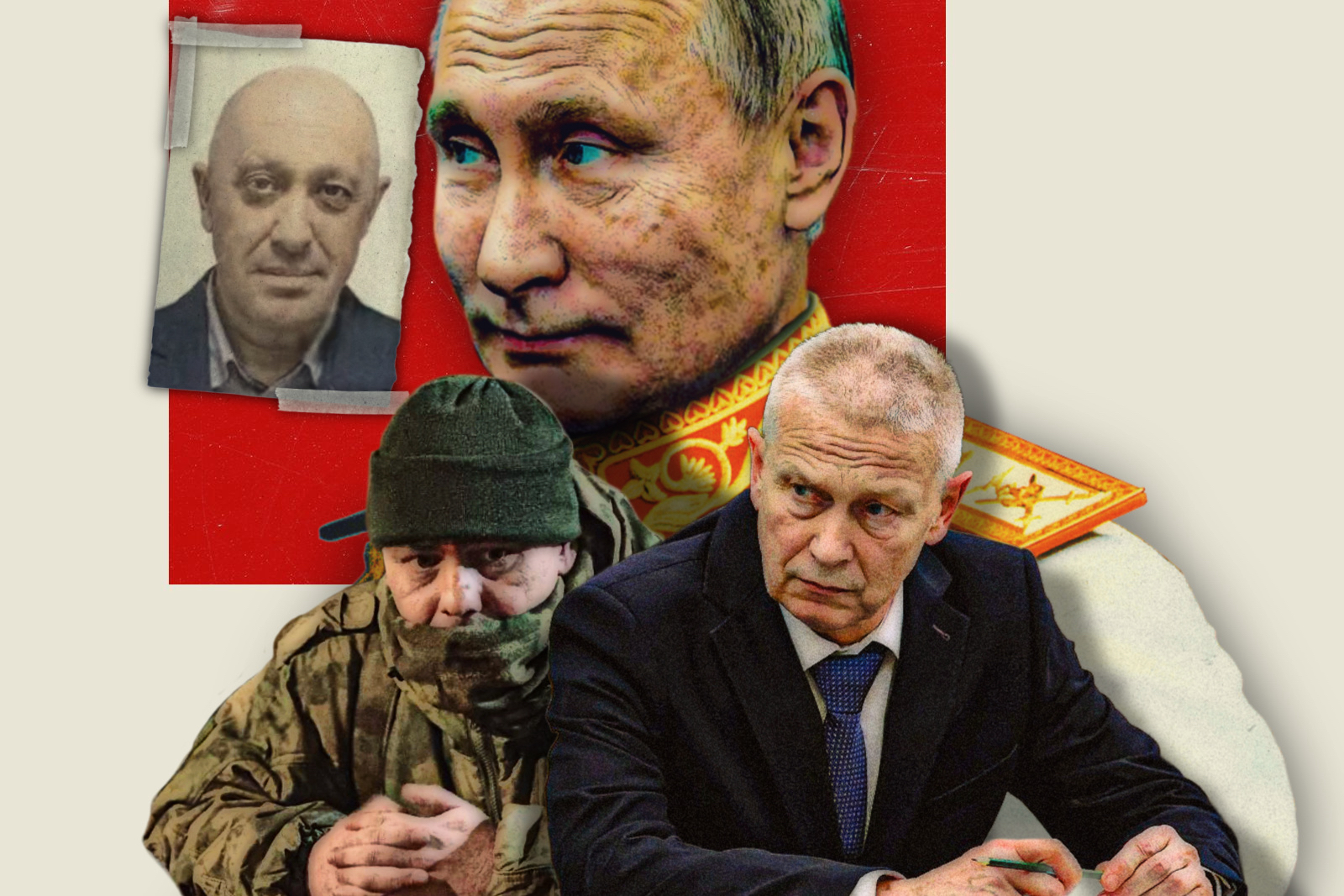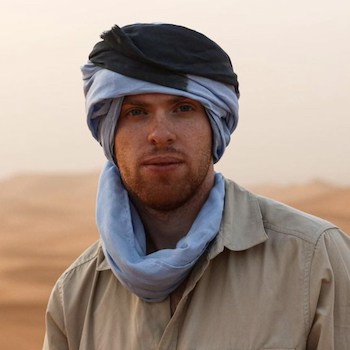
What is Wagner’s Future in Africa?
The demise of Yevgeny Prigozhin in August, the long-standing face and leader of the Wagner Group, following an unsuccessful coup against Russia’s military elite, has cast a shadow of uncertainty over the future direction and leadership of this powerful mercenary group in Africa. Now, the global community faces a pivotal moment: it must act decisively to curb potential proxy warfare in the region, avoiding a bleak geopolitical landscape.
The Wagner Group, acting as Russia’s shadowy arm, has been involved in proxy wars across the Global South since 2014. A senior advisor to French President Emmanuel Macron termed their operations a “second front” in the deteriorating ties between the West and Russia. The focus of Wagner’s operations? Africa. As per the British House of Commons Foreign Affairs Committee Report, Wagner operates as a “sprawling, decentralised network of individuals and commercial entities, which is active in several countries and for which the ‘membership’ is not always clear.”
Their primary role has been to provide security services, often in return for rights to exploit natural resources. This has funded Wagner’s operations, including those in Ukraine. Moreover, accusations have mounted against Wagner for meddling in democratic processes. They’ve reportedly used entities like the Association for Free Research and International Cooperation (AFRIC) to align with pro-Russian political figures and leveraged the Internet Research Agency (IRA) to conduct propaganda campaigns.
Remarkably, Wagner’s influence spans interference in over 20 African elections in recent years. Even post-Prigozhin, U.S. officials assert that Wagner’s presence in Africa remains robust, with no reduction in troop numbers and expansion plans into countries like Niger and Burkina Faso.
“Though Wagner was able to exploit coups that have wreaked havoc across the Sahel, the Russian outfit has only been able to expand in fits and starts since it took a leading role in ensuring the survival of Mali’s military regime and ousting the UN peacekeeping mission there. The group, which was led by Yevgeny Prigozhin until his death in August, has recently tried to expand its operations in Burkina Faso, made attempts to exploit the overthrow of President Mohamed Bazoum in Niger by a military junta, and was rebuffed in attempts to enter Chad and expand its influence in Sudan’s five-month conflict of warring generals,” Jack Detsch, a staff writer for Foreign Policy, wrote in September.
President Putin places immense value on Russian-African relations. He prioritizes Africa in his diplomatic efforts, signaled by a series of Russian-African conferences and frequent visits by top Russian officials to the continent. Russian Foreign Minister Sergei Lavrov has openly acknowledged Wagner’s operatives and confirmed their continued presence in the Central African Republic (CAR). The looming question, however, is whether Wagner will continue to be Moscow’s instrument in Africa.
With Prigozhin’s abrupt departure, and the simultaneous loss of other senior leaders either through losses in Ukraine or through the same plane crash that killed Prigozhin, a leadership vacuum has emerged. The ensuing power struggle has seen contenders like Andrey Troshev and Anton Yelizarov emerge. Troshev, known for leading Wagner operations in Syria and backed by Putin, has faced resistance, particularly from those loyal to Prigozhin, who gravitate towards Yelizarov. Recent images capture Putin in discussions with Troshev, illustrating Troshev’s new role within the Kremlin. The message seems clear: Wagner is now firmly under the umbrella of Russian military intelligence. But how tightly they grip this complex web remains to be seen. If allegiance wavers, it might trigger internal factions or even open doors for new entrants.
Notably, Troshev has links with Redut, seen by many as Wagner’s major competitor. Redut, another Russian private military company, previously collaborated with Wagner in Syria. But, sensing Wagner’s vulnerabilities, they have been quick to absorb other entities, including those associated with the Russian oil behemoth, Gazprom. Steering the ship is Gennady Timchenko, an ex-KGB officer and Putin ally, who ensures Redut executes Russian policies in Africa with perhaps direct oversight from Russian military intelligence.
U.S. Defense Secretary Lloyd Austin has noted Wagner’s reliance on Russian support for survival. “Their leadership has been taken out,” Austin said at the time. “I think what you’ll see in the future here is probably some competition within the ranks to bring about who’s going to be the next leader.” While Redut could feasibly step into Wagner’s shoes in terms of physical presence, they currently don’t possess the cyber capabilities wielded by AFRIC and the IRA. For Russia to maintain its grip, Redut will need to bridge this gap.
The clock is ticking. Russia is poised to regroup, and the West must act quickly to leverage the present uncertainty. Mere moral denunciation won’t suffice to challenge Russia’s stronghold. Limited alternatives currently force African nations into Russia’s embrace. The solution? A sustainable, long-term approach that provides African countries viable alternatives for their security and economic needs, facilitated through strategic investment and aid. This isn’t a quick fix. It demands unwavering commitment and collaboration. But to halt further proxy warfare in the Global South, it’s imperative that the West acts – and acts now.
